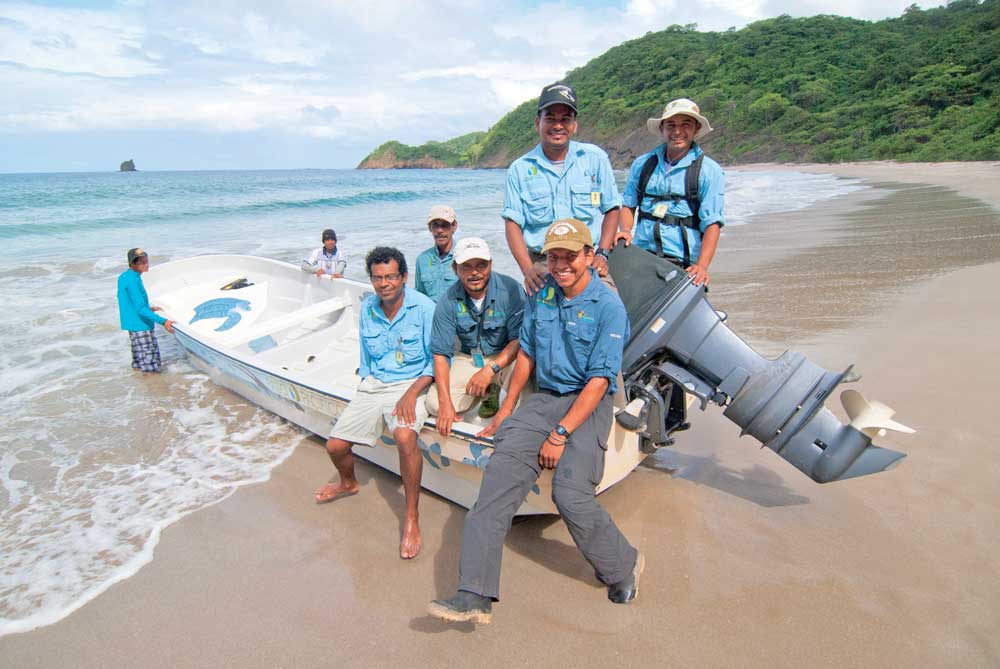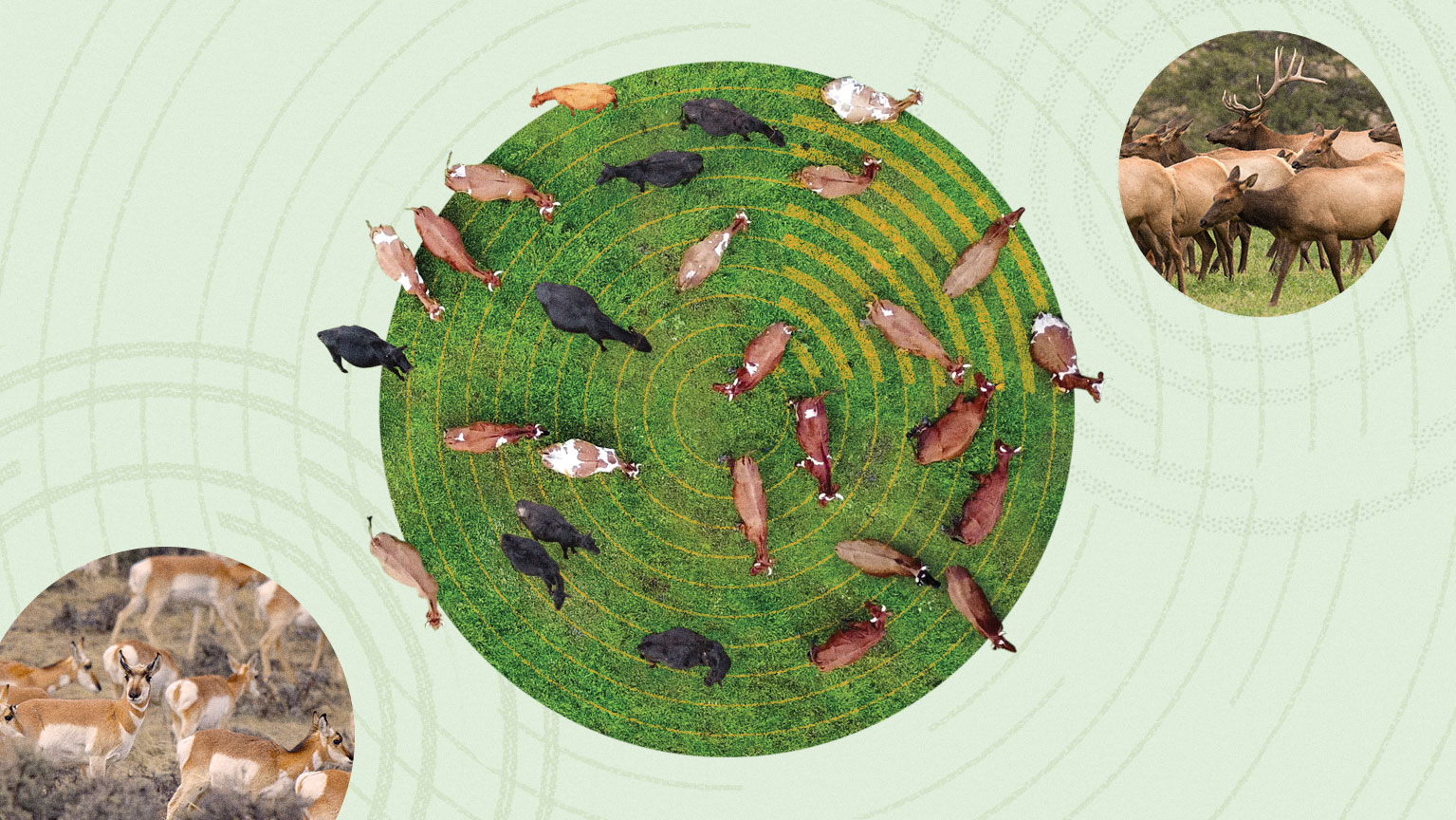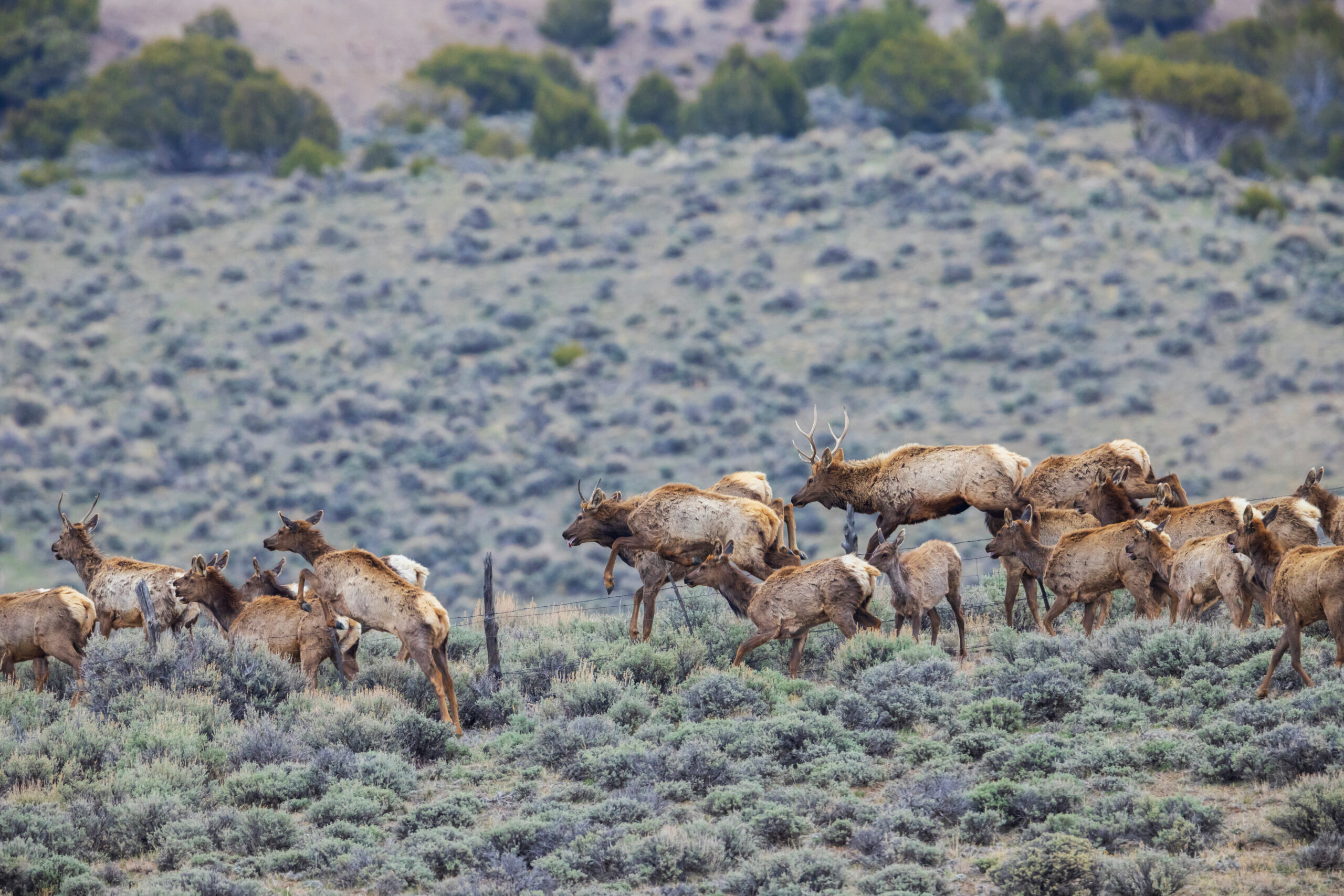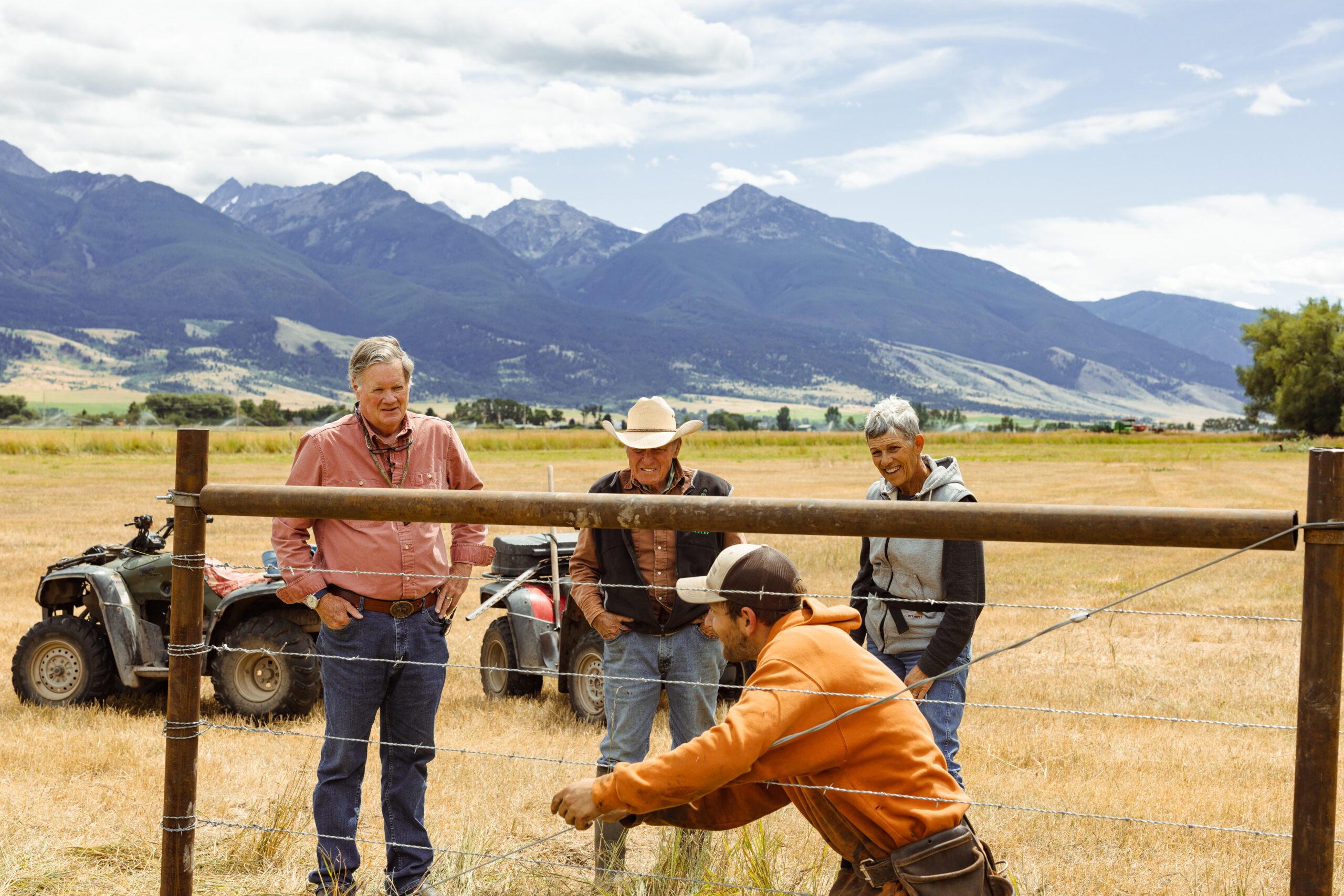For millennia, sea turtles have nested on the beaches of Central America, and for centuries, local people have harvested their eggs for food. Today, four of the sea turtle species—green, leatherback, olive ridley, and hawksbill—are considered threatened or endangered.
In Nicaragua, like most countries, it is illegal to harvest sea turtle eggs, and the country’s ministry of the environment (MARENA) has set aside a few nesting sites as national wildlife refuges. In these protected areas, Nicaragua’s park rangers are joined by armed soldiers who help patrol the beaches. Despite the military presence, poachers harvest nests under the cover of darkness and sell the eggs in the local market, where a single nest (80-120 eggs) fetches $40, nearly a month’s earnings for subsistence farmers and fishers. Given such strong financial incentives to harvest eggs, many poachers are undeterred even on the beaches with an army patrol. And neither the military nor MARENA has the capacity to protect more than a few beaches.
That’s where Paso Pacífico steps in to help. Dedicated to biodiversity conservation, the non-governmental organization employs their own rangers to protect sea turtles on beaches where no government rangers are stationed. Paso Pacífico provides conflict mediation training and dispatches unarmed rangers to patrol isolated nesting beaches. Rather than threatening would-be poachers with arrest, Paso Pacífico rangers recognize the traditional use of turtle eggs and negotiate with poachers to leave nests intact. On some beaches, peer pressure is sufficient. On other beaches, rangers make direct payments for conservation.
A steady paycheck is all it takes for some poachers to become protectors, and in fact, several of Paso Pacífico’s rangers were once poachers themselves. Paso Pacífico not only trains their own rangers to monitor sea turtles for scientific research and conservation, they now contract with hotels to train new private rangers who patrol resort beaches and educate visiting tourists. As Paso Pacífico and partners extend the thin green line farther up the coast, they’re helping hundreds of thousands of baby turtles reach the sea each year.
Note: For seven years, Wendy Purnell worked with Paso Pacífico, learning everything she knows about sea turtles from their dedicated rangers.
Futher Reading:
George Wright Forum: “Engaging Local Communities in Sea Turtle Conservation: Strategies from Nicaragua“
Ventana Monthly: “Mission Possible“
To learn more about Paso Pacífico’s ranger programs, visit PasoPacifico.org.




